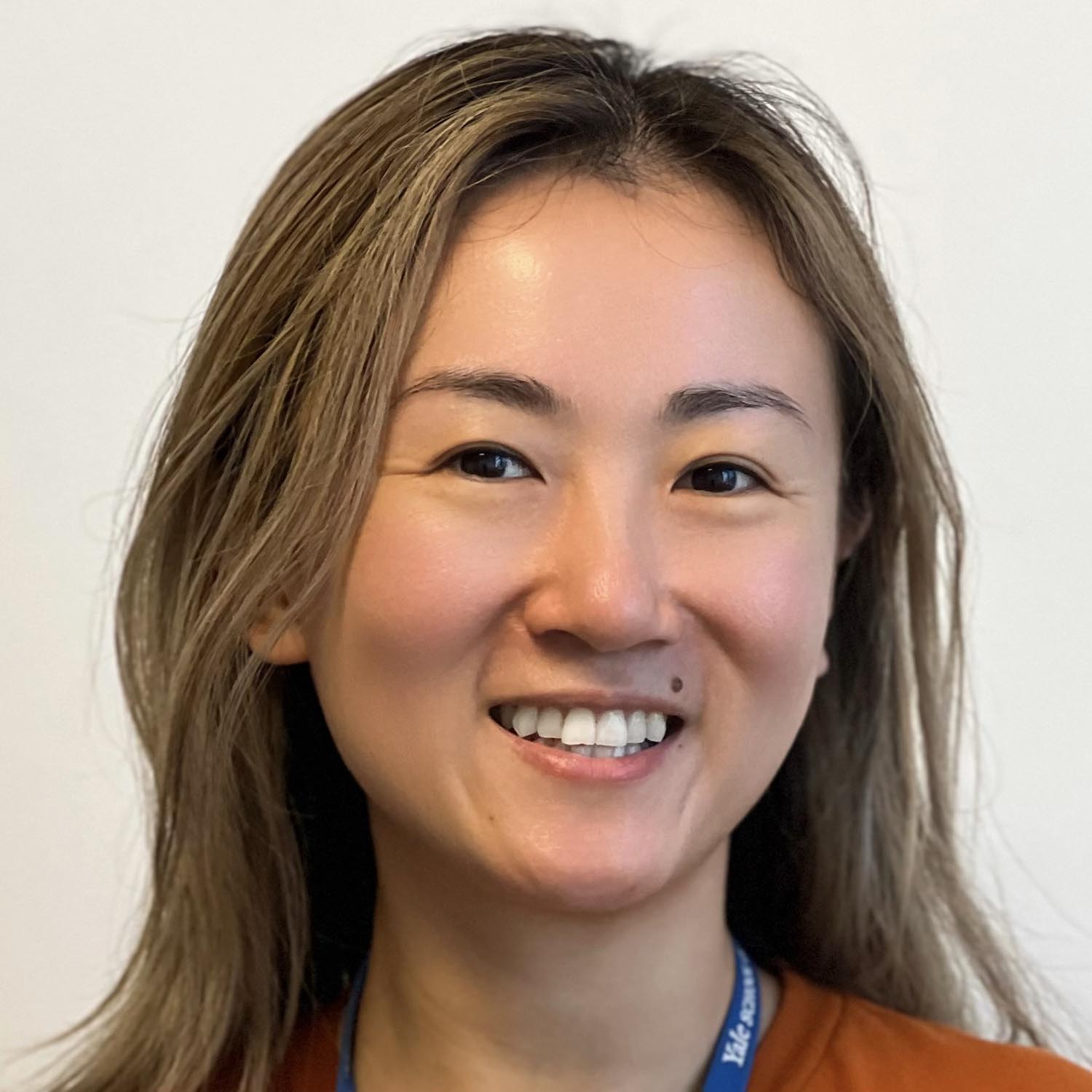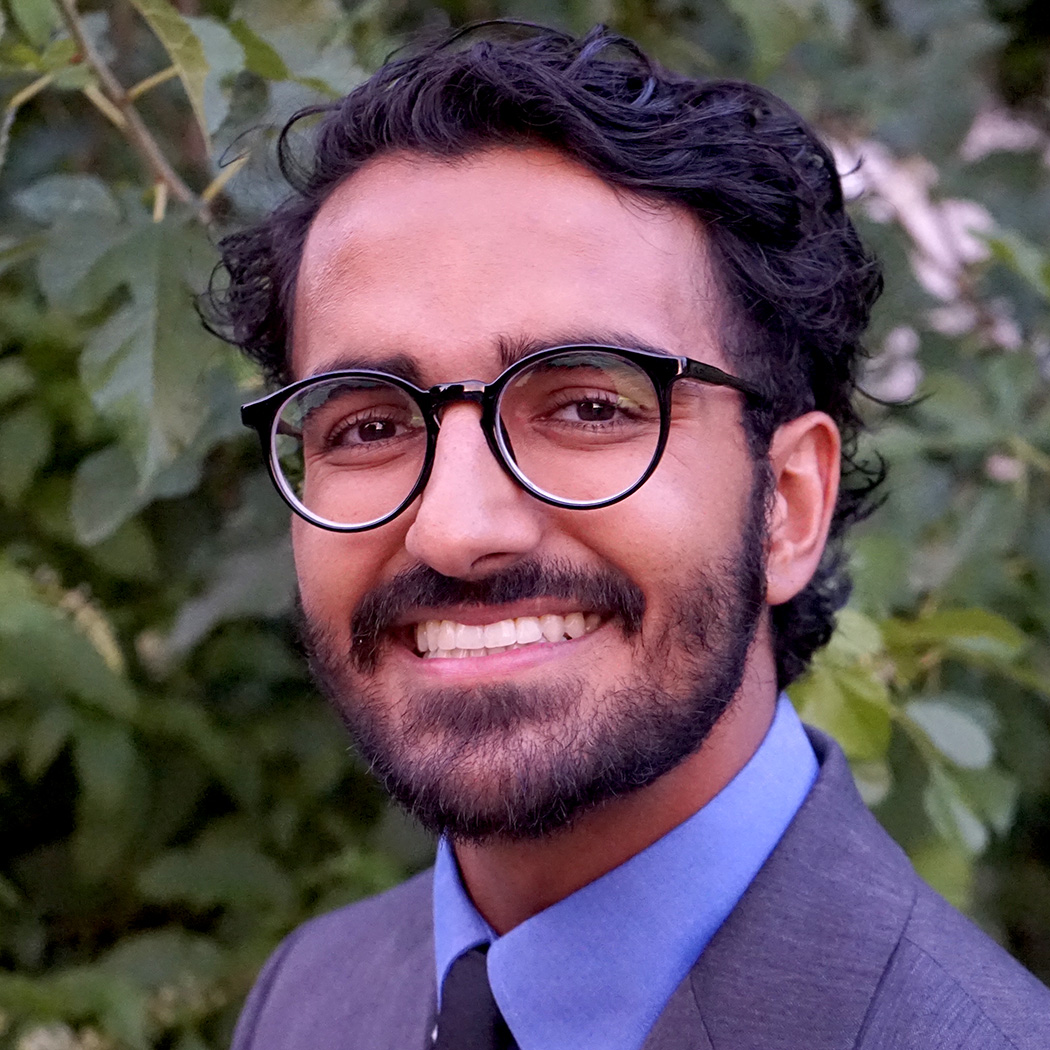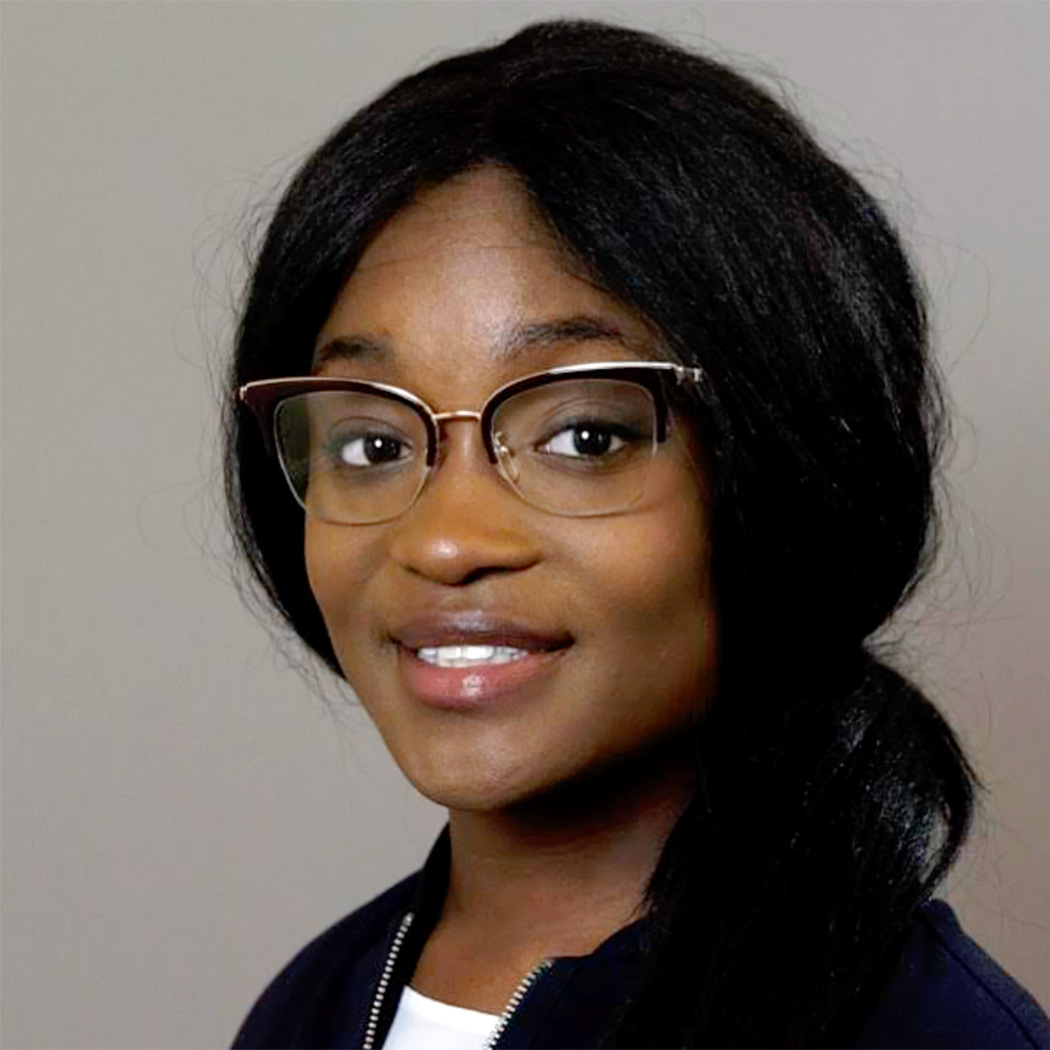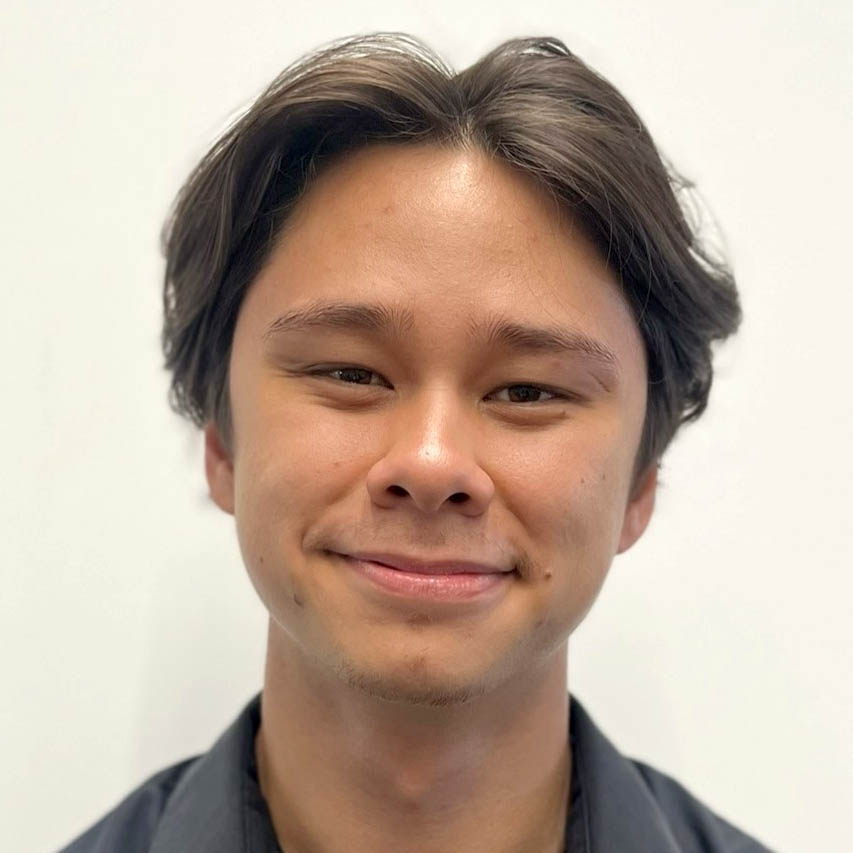Affective Neuroscience and Pain Lab
Lab Members
Staff

Lab Chief: Lauren Y. Atlas, Ph.D.
Dr. Atlas joined NCCIH in 2014 as a tenure-track clinical investigator and chief of the Affective Neuroscience and Pain Lab. She holds joint appointments with the National Institute of Mental Health (NIMH) and the National Institute on Drug Abuse (NIDA). Her laboratory uses a multimodal approach to investigate how expectations and learning influence pain and emotion, and how these factors influence clinical outcomes.

Xue Davis, Ph.D., Staff Scientist
Xue Davis, Ph.D., is a staff scientist specializing in human neuroimaging. She received her doctorate from Yale University where she studied ingestive behavior and food reward using chemosensory stimuli. She is passionate about efficient, reproducible, and robust experiment design and data analysis. In her free time, Xue enjoys hiking, travel, and tending to her houseplant collection.

Grant Kern, Administrative Lab Manager
Grant Kern is an administrative lab manager for the Affective Neuroscience and Pain Lab. Grant received his M.S. in systems medicine from Georgetown University, where he analyzed cerebrospinal fluid metabolites in patients with Chronic Fatigue Syndrome and Gulf War Illness. He brings 4 years of experience working in a neuroscience diagnostic laboratory, where he tested skin punch biopsies to distinguish Alzheimer’s disease from other forms of dementia. As the company’s laboratory operations manager, he scaled the lab’s testing capacity, optimized protocols, and developed several diagnostic labs from the ground up to regulate laboratory environments. Grant leads with a people-centered approach, empowering teams to improve human health.
Trainees

Yili Zhao, Ph.D., Visiting Postdoctoral Fellow
Yili Zhao, Ph.D., is a visiting postdoctoral fellow who is currently investigating the neural mechanisms underlying learning process of pain and other negative emotions. Yili received her M.Sc. in psychology from Chinese Academy of Sciences under the mentorship of Dr. Wencai Zhang, where she studied the placebo effects on pain, noise, and other unpleasant experiences. she then moved to Europe and received her Ph.D. in natural sciences (psychology) from University of Vienna under the mentorship of Dr. Claus Lamm, where her research was focused on neural mechanisms of empathy for pain and emotion identifications on pain and disgust. Specifically, she uses a wide range of research approaches including behavioral measures, univariate and multi-voxel fMRI analysis, computational modeling, and psychopharmacological administration. She can be reached at yili.zhao@nih.gov.

Jasdeep Kang, Postbac IRTA
Jasdeep Kang, B.Sc., is a postbaccalaureate Intramural Research Training Award (IRTA) fellow in the Affective Neuroscience and Pain (ANP) Lab. Jasdeep received his B.S. in neuroscience from The Ohio State University (OSU) in December of 2022. As an undergraduate at OSU, Jasdeep investigated the perceptual processing of asymmetrical progressions in working memory under the supervision of Dr. Daniel Shanahan. Currently in the ANP Lab, Jasdeep is investigating empathetic physiological responses to other’s facial expressions of pain. In the future, Jasdeep plans to apply his research skills and knowledge about pain as a physician.

Ruth Mosunmade, Postbac IRTA
Ruth Mosunmade is a postbac Intramural Research Training Award (IRTA) research fellow who is currently investigating facial recognition of pain and the social influences on pain and pain assessment. In 2020, Ruth received her B.A., with honors, from Amherst College in biochemistry and biophysics. Throughout the duration of her undergraduate career, she worked in the Carter Biophysics Laboratory under Professor Ashley Carter. With the guidance of Professor Carter, she completed a thesis “Unraveling the Histone Replacement Process in Sperm,” researching the biophysical properties of the protamine-histone replacement process during spermatogenesis. Her progress led her to present her work during the American Physical Society (APS) and Biophysical Society (BPS) conference poster sessions in 2019 and 2020, respectively. While Ruth is pursuing a career as an orthopedic surgeon, her career goals involve using her work in the Atlas lab to better perceive pain in her patients. She can be reached at ruth.mosunmade@nih.gov.

Kai Sherwood, Postbac IRTA
Kai Sherwood is a postbaccalaureate Intramural Research Training Award (IRTA) fellow who is currently investigating biopsychosocial influences on pain assessment and physiological responses in anticipation of pain. Kai received a B.S. in psychology from the College of William & Mary in 2023. As an undergraduate, Kai conducted research in Dr. Cheryl L. Dickter’s lab, where he studied the social behaviors, psychological states, and perceptions of autism spectrum disorder. Kai also performed research with Dr. Joshua A. Burk, where he examined the role and treatment of attentional deficits present in Alzheimer’s and schizophrenia in animal models. With future interests primarily in clinical and counseling psychology, Kai is planning to use his experience in the Affective Neuroscience and Pain Lab to better understand the relationship between physiological and psychological experiences of pain. He can be reached at kai.sherwood@nih.gov.

Yi Wei, Predoctoral Visiting Fellow
Yi Wei is a predoctoral visiting fellow in the Affective Neuroscience and Pain (ANP) lab at the National Center for Complementary and Integrative Health. She is participating in the individual graduate partnership program as a graduate student in the neuroscience and cognitive science program at the University of Maryland. Yi received her bachelor of science in psychology from the University of Maryland in May 2024. Currently in the ANP lab, Yi is investigating pain-related decision making and, more generally, decision making in the domain of negative valence. She can be reached at yi.wei2@nih.gov.